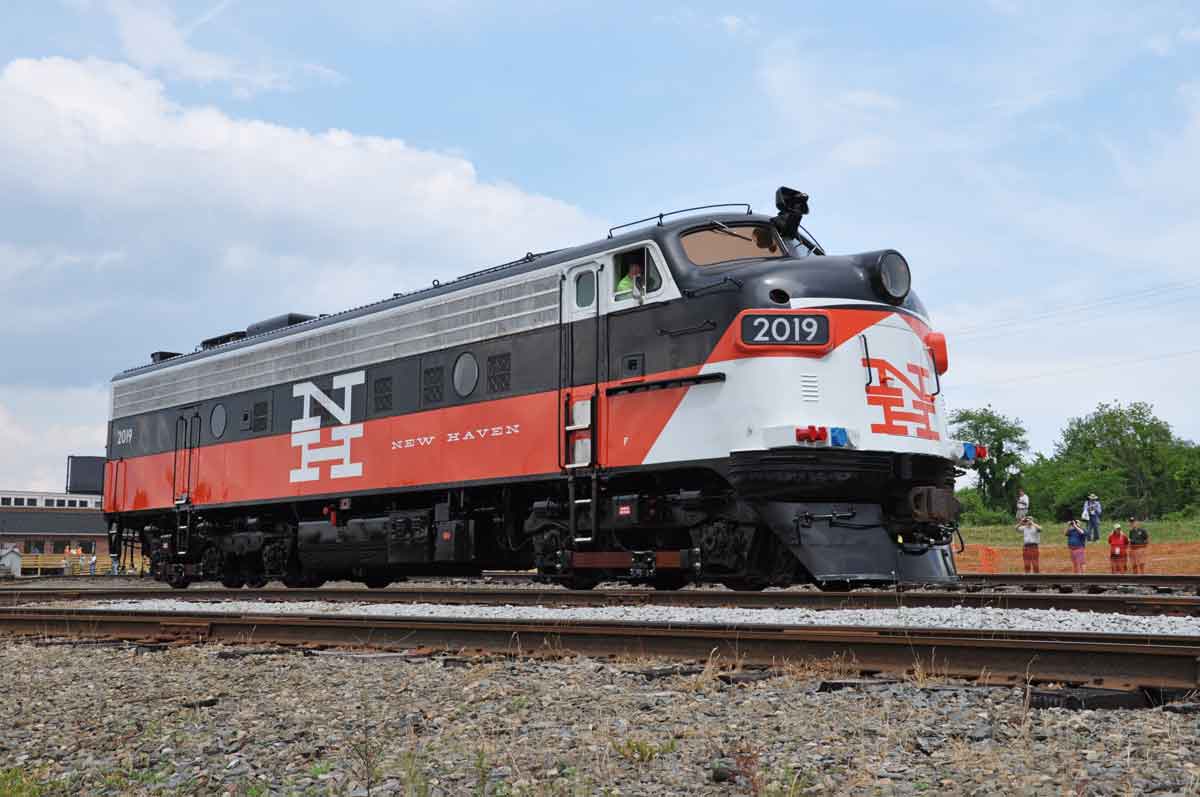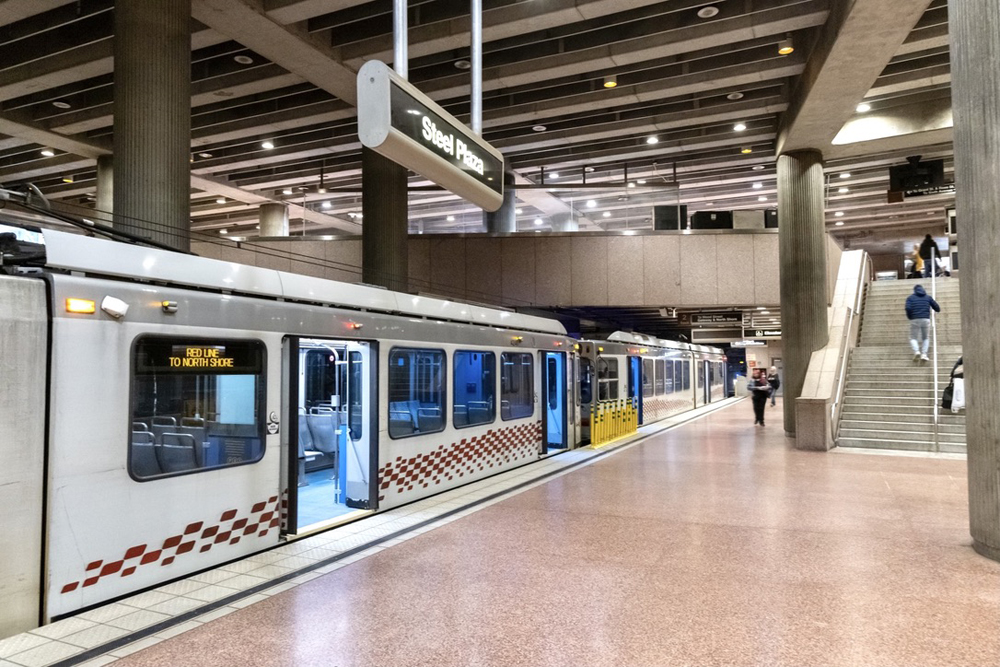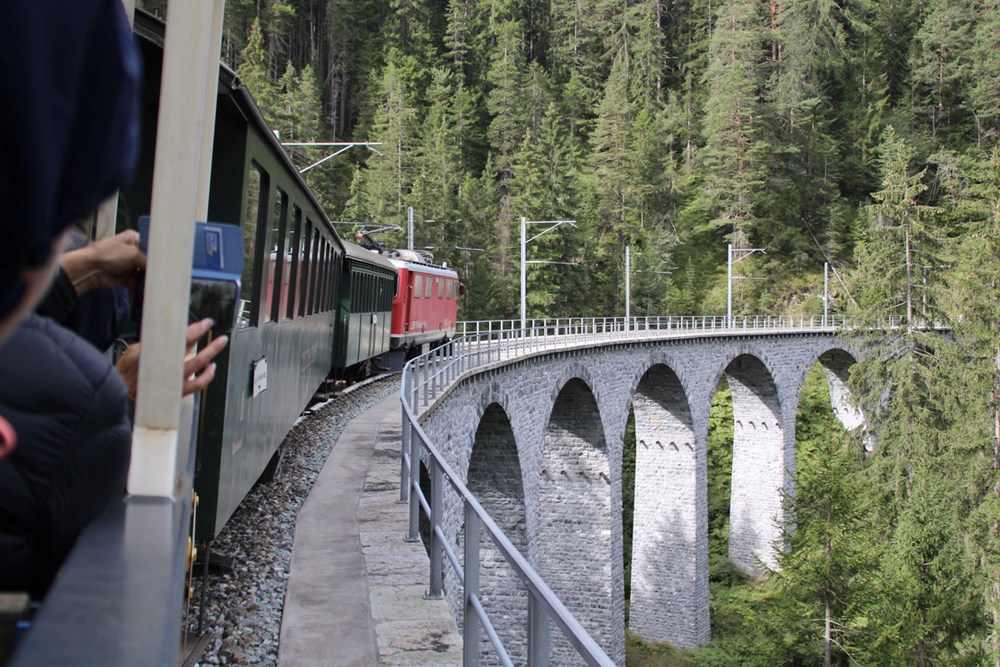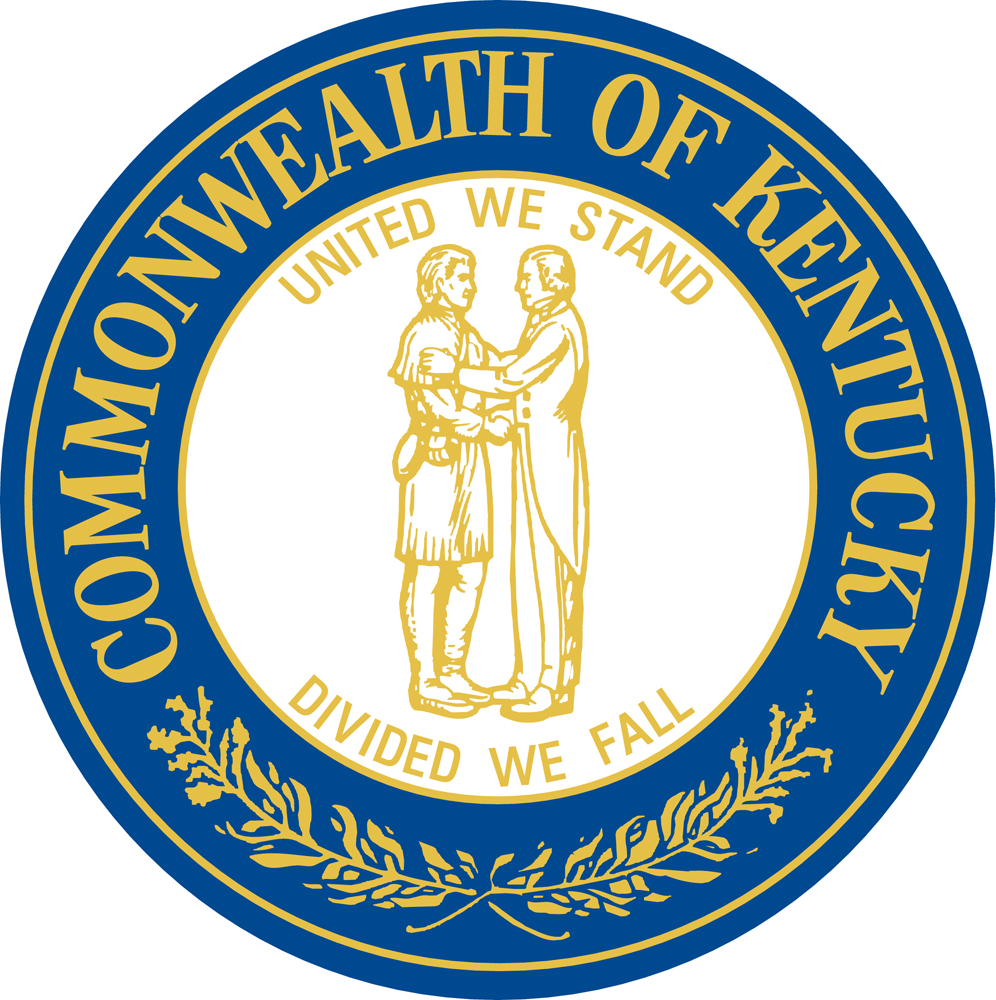In a press release announcing the notice, officials with the National Railway Labor Conference and the National Carriers’ Conference Committee say that they hoped to secure “modernized labor agreements” that would allow the industry to adapt to a changing technological landscape. The release specifically notes that the industry wants to adopt automation to help it compete.
“This is not the first time in the industry’s long history that railroads and our employees have faced tough challenges,” says Brendan Branon, chairman of the National Railway Labor Conference and the National Carriers’ Conference Committee. “But through thoughtful leadership and a willingness to meet our challenges head on, together we can ensure railroads continue to fuel the American economy. We look forward to a constructive bargaining round and reaching agreements to secure a successful future for the industry.”
The National Carriers’ Conference Committee represents BNSF Railway, CSX Transportation, Kansas City Southern, Norfolk Southern, Union Pacific, and the U.S. railroads owned directly or indirectly by Canadian National.
The railroads will be negotiating with the Coordinated Bargaining Coalition, representing American Train Dispatchers Association, Brotherhood of Locomotive Engineers and Trainmen, Brotherhood of Railroad Signalmen, International Association of Machinists, International Brotherhood of Boilermakers, National Conference of Firemen & Oilers, International Brotherhood of Electrical Workers, Transport Workers Union of America, Transportation Communications Union and Transportation Division of the International Association of Sheet Metal, Air, Rail, and Transportation Workers.
National bargaining between the Class Is and labor groups happens every five years and is governed by the Railway Labor Act, a 93-year-old law meant to try and avoid major railroad strikes that could cripple the economy. If the railroads and the unions are unable to come to an agreement, the National Mediation Board can step in and help forge an agreement. If that doesn’t work, the independent government agency offers binding arbitration. If either side refuses arbitration, a 30-day “cooling off” period begins. After a month, unions can go on strike or railroads can lock employees out. If the dispute threatens to impact interstate commerce, the president can establish a board to investigate the issue and Congress can force a settlement.
The previous contract does not have an expiration date so there is no deadline for negotiations. Talks can continue for as long as both sides believe progress is being made. The last round of talks began in January 2015 and ended three years later.
While the railroads say a more modern labor agreement is needed to take advantage of new technologies, union officials say the Class Is are only interested in the bottom line. Greg Hynes, national legislative director for SMART Transportation Division, says crew size and the impacts of precision scheduled railroading are likely to be major sticking points during the talks. “Crew staffing will be a battle now that Wall Street is running the railroads,” Hynes says.
In a joint statement on Friday, union officials call the upcoming talks “the most critical round of national bargaining in a generation.”
“Our Coalition is founded on two key values that we all share. One is that we understand the importance of each Union’s autonomy to pursue membership-specific goals within a framework of broad solidarity to defend and improve the wages, benefits and working conditions of our members. The other is that we will spare no effort to defeat the attack by the railroads on the very foundation of our members’ economic security,” officials say.














Time to re- regulate the railroads. Every customer count!
Revenue is declining because for years the railroads have shunned business and said it is not worth their while. Now with psr the excuse is that it will hirt the operating ratio and the stock price. After all what do you need customers for anyway?
Just what we need when revenues are declining.
This one will get really ugly when you view the wish list of the railroads. PSR has already cut into the employment numbers. One demand will put a squeeze on time off of road crews. I would not be surprised it this did not result in a national strike.
Hmmm let the fireworks begin… Hopefully they come to an agreement on one man crews for certain trains. Unit and Intermodal don’t need two..
Wow! 125,000 railroads? I didn’t know there were so many :^)